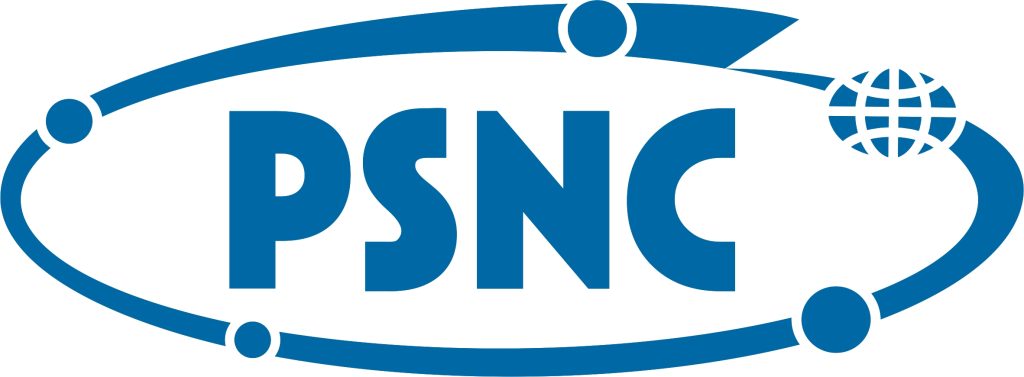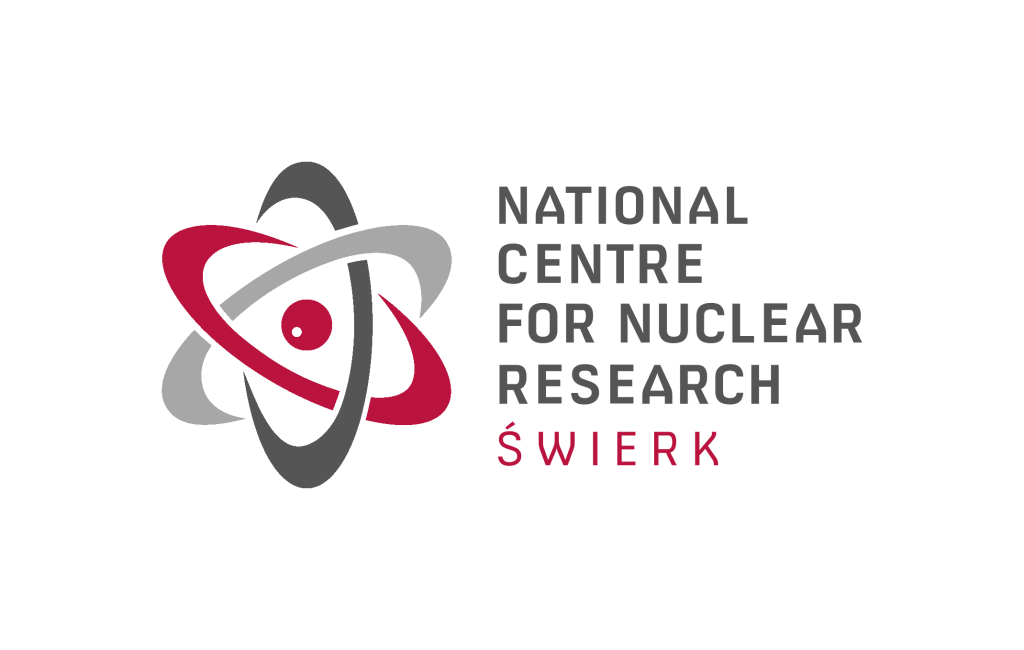HPC, HPDA, AI
High Performance Computing (HPC), or large-scale computational technologies involving the execution of billions of operations per second, is increasingly essential not only in academia but also in industry and administration. Modelling, simulations, and processing massive amounts of data in real time have become possible through the use of computer clusters, also known as supercomputers, with ever-increasing computational power.
High-Performance Data Analytics (HPDA) is another type of activity made possible by supercomputers, allowing for the extraction of specific information from very large datasets in real-time. This capability enables precise weather forecasting, real-time detection of financial fraud, and ongoing analysis of data from devices connected to the Internet. Detailed and rapid data processing, extraction of relevant information, discovery of patterns or trends are crucial actions today, enabling the creation of personalised and precise solutions, thereby facilitating development and providing a competitive advantage.
Artificial intelligence (AI) in a nutshell refers to machines’ ability to mimic human thought processes, encompassing skills such as reasoning, learning, inference, and planning. The term’s originator, American computer scientist John McCarthy, explained it as the “science and engineering of creating intelligent machines.” Currently, computers equipped with natural language understanding, facial recognition, or machine learning software find increasing applications in academia, industry, and daily life, ranging from online product searches and shopping to security systems and autonomous vehicles.
SCIENCE
High-performance computing (HPC) technologies play a significant role in science. They are utilised to solve problems in various fields such as astronomy, Earth science, climatology, mechanics, automation, chemistry, quantum physics, medicine (especially issues related to Covid-19 in recent times), demographic changes, urban planning, cybersecurity, nuclear energy, sustainable agriculture, ecological economy, finance, defence, and even those related to the origins of life on Earth.
INDUSTRY
HPC (High-Performance Computing) is increasingly finding applications in the industry; however, its adoption in the Small and Medium-sized Enterprise) sector remains relatively low. Therefore, one of the tasks of the National Centre for HPC Competence is to encourage entrepreneurs to take advantage of the infrastructure, resources, and expertise of experts from Polish and European supercomputing centres. The application of HPC significantly shortens and facilitates the processes of design, testing, production, and even sales management. This, in turn, enhances competitiveness and strengthens the position of a given company in the market. Thanks to HPC, business decisions can be made much faster based on instant access to key information extracted from large datasets, even in real time.
ADMINISTRATION
HPC, HPDA, and AI are also tools that work exceptionally well in administration. The public sector accumulates and stores an increasing amount of data, including sensitive and protected information (see: GDPR). Therefore, not only systems providing fast access to specific information, but also security systems are of crucial importance. Cybersecurity is vital for administration, and support in developing encryption technologies, recognising, and responding to cyber attacks is essential. Supercomputing centres can be instrumental in providing assistance in these areas.











